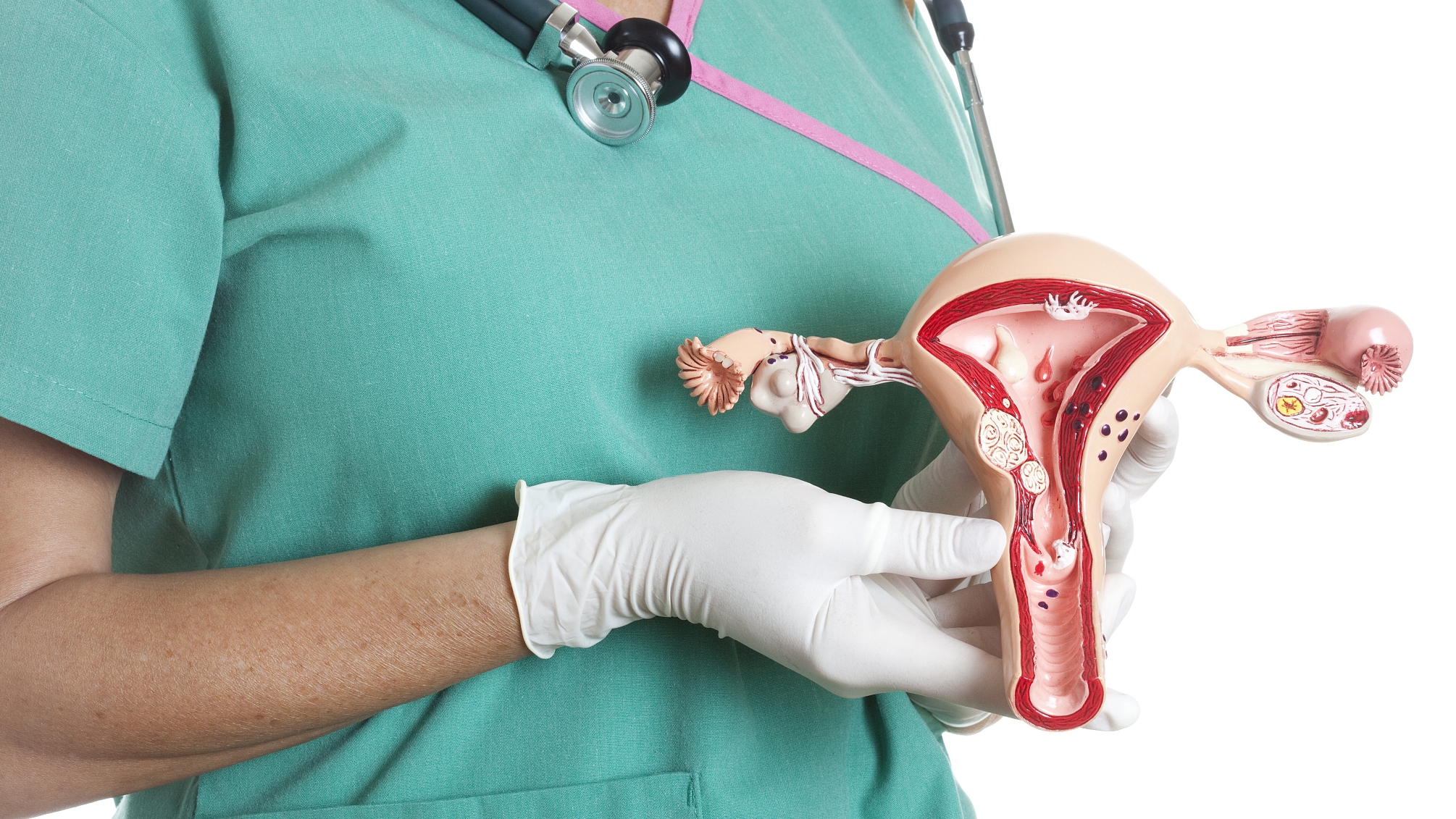Instead, she said “irregular” and recommended a Pap smear, a cervical-cancer screening test, to see what happened next. When she pulled out the blood-splattered swab, my stomach dropped.Her concerns were confirmed by follow-up tests. There was a 7-centimeter tumour cradling my womb, where my son was also growing. What should have been the final exciting weeks of my pregnancy turned into panic as we devised a plan to deliver our son while also saving my life.
HPV was the cause of my cancer.The next evening, I clutched my stomach as my husband and I listened to her describe the modern medical feats designed to treat stage 2B cervical cancer in pregnancy – emergency C-section, chemotherapy, radiation (which would then lead to infertility), and side effects such as menopause, bladder and bowel impairment, and sexual dysfunction.I summoned the courage to ask the question to which I already knew the answer. “Is HPV the cause of cervical cancer?” Yes, my doctor confirmed that high-risk strains of the human papillomavirus, such as mine, cause cervical cancer and other cancers. HPV is extremely common: nearly 79 million Americans have it, despite the fact that it is highly stigmatised.In shock and grief, I swallowed my feelings of shame hard. My feminine identity was shattered in an instant.
Worse, the thought of telling people I had a sex-related cancer that could have been avoided was suffocating.I’d been fearless in boardrooms and on stage in front of hundreds of people just days before. Now I lacked the courage to tell the few people I’d invited into my inner circle about the “cervical” part of my diagnosis. I’d break eye contact when I spoke, whispering “cervical” before properly intoning “cancer.” In search of inspiration, I watched brave women on YouTube speak out against the stigma.I was quickly admitted to treatment. During the day, I endured torturous therapeutics and procedures while studying them to cope.

At night, I researched the societal, racial, and socioeconomic barriers that cause hundreds of thousands of cervical cancer patients to die.Following treatment, I recovered with the COVID-19 pandemic as a backdrop and traced women’s cervical-healthcare experiences, uncovering a dated system that demanded sex-positive disruption.There are numerous barriers to care.
Barriers to care that are life-threatening begin early and are almost imperceptible.Misinformation and discomfort, for example, prevent paediatricians from recommending the lifesaving HPV vaccine. Many public schools continue to teach abstinence-only curricula, and those who teach sex education never mention HPV’s link to cancer. People who have been abused as a child or sexually assaulted are at a much higher risk of developing cervical cancer and are less likely to seek treatment.I recognise that my outcome is unusual, as it is the result of privilege, world-class care, a timely diagnosis, and extensive paid medical leave.
These are insurmountable obstacles for many women.My shame eventually faded, and my pain gave way to purpose. Now that I’m cancer-free, I’ve turned into a fierce advocate for women’s health, using my platform to de-stigmatize and modernise cervical-health care.
As my daughter gets her first HPV vaccine, I’ll pray that I’ll be declared cured, a rare distinction in cervical cancer.Cervical cancer eradication is possible through vaccination and screening, but it requires moving women’s health from whisper networks to a public dialogue in which women and families seek out the HPV vaccine, understand risk factors, and collaborate with providers to develop screening and prevention plans.At 35 weeks pregnant, I felt a sense of shame that threatened my life.

I’ve evolved into the woman I hoped to find in my darkest hours, proud of her victory over cervical cancer and committed to normalising sexual health in order to protect future generations from preventable cancer.Eve McDavid is a Google strategy executive, a stage 2B cervical cancer survivor, a loving wife, and the mother of two young children. She has joined the World Health Organization’s fight to end cervical cancer by 2030 and is working with Weill Cornell Medicine to redesign treatment devices to improve women’s care, access, and outcomes.
_______
Cervical Cancer | Don’t forget to follow us on Twitter @njtimesofficial. To get the latest updates





